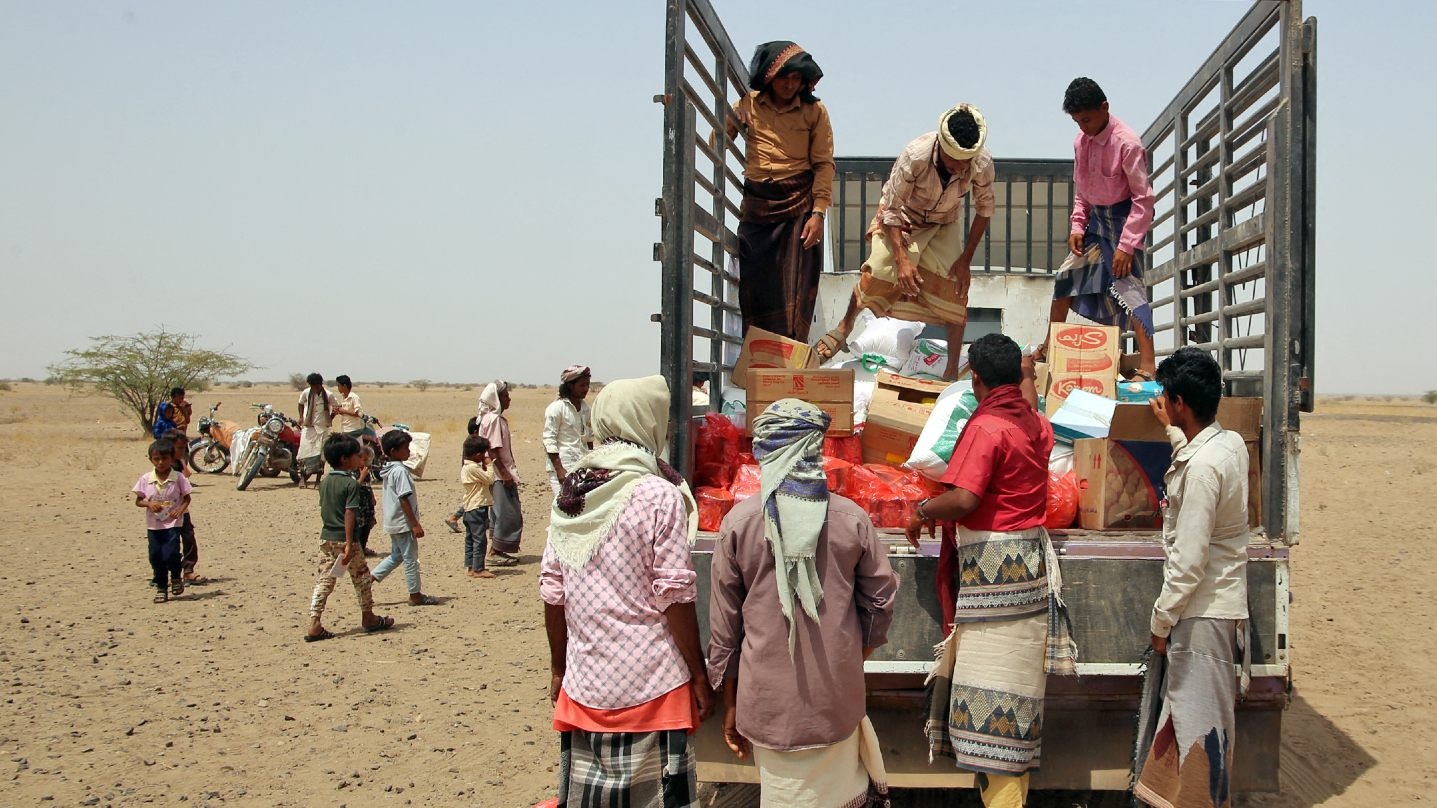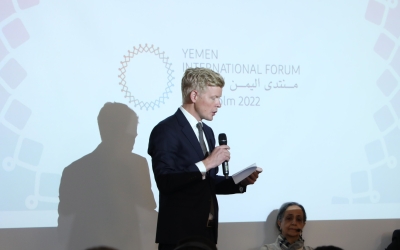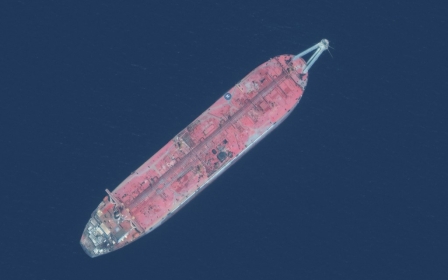UN further cuts Yemen food rations due to funding gap, inflation, war in Ukraine

The United Nations' World Food Programme (WFP) has said it has further reduced rations in Yemen due to critical funding gaps, global inflation and the effects of the Russian invasion of Ukraine - a development that could further endanger the lives of millions of Yemenis facing hunger in the war-torn country.
The UN body delivers emergency food assistance to 13 million people a month in Yemen, which has a total population of 30 million people. The country relies on imports to meet the majority of its food needs.
The WFP's Yemen team said in a Twitter post on Sunday that it has had to make major cuts to that assistance. Five million people are now receiving less than 50 percent of their daily requirement, while another eight million are receiving only 25 percent of their daily needs.
"Critical funding gaps, global inflation and the knock-on effects of the war in #Ukraine have forced @WFP in #Yemen to make some extremely tough decisions about the support we provide to our beneficiaries," the WFP tweeted.
It added that it would cease a number of programmes, including "livelihood activities, and school feeding and nutrition" programmes, for four million people, leaving that assistance available to only 1.8 million people.
"WFP is acutely aware of the devastating impact of the cuts on #Yemen's poorest and most needy families and we do not take their plight lightly. We are continuing to advocate tirelessly on their behalf and are hopeful that we can resume services in the near future," the UN body said.
Yemen has been mired by conflict since 2015, when a coalition of Arab Gulf countries led by Saudi Arabia launched a military operation in support of the Yemeni government to roll back gains made by the Houthi movement, which had taken control of parts of the country including the capital, Sanaa.
A UN-brokered truce between Yemen's warring parties was reached in April, and later extended for another two months on 2 June, a sign of a "tangible shift" in the years-long conflict, according to the UN special envoy for Yemen.
Hunger, famine and death in Yemen
The seven years of war in Yemen have led to the deaths of nearly 377,000 people - according to a UN estimate in 2021 - and left much of the country devastated.
A report by the UN's WFP in June found more than seven million people in an emergency food insecurity situation, with more than two million children under the age of five facing malnutrition. Around 160,000 people are facing an acute famine crisis.
Meanwhile, the number of people living in near-famine conditions in the Arabian peninsula country is expected to rise to seven million in the second half of 2022, from around five million.
The Russian invasion of Ukraine has also caused disruption to global wheat supplies, deepening Yemen's hunger crisis and pushing up food prices, which had already doubled in just two years in some parts of the country.
Since January, the WFP has reduced rations for eight million people, warning in May that it could soon have to make further cuts after raising only a quarter of the two billion dollars from international donors it needs for Yemen this year. Yemen imports 30 percent of its wheat from Russia and Ukraine.
A March report by the UN's International Children's Emergency Fund (Unicef) found 23 million Yemenis, more than 70 percent of the population, in need of some form of humanitarian assistance. Nearly 18 million people in the country do not have access to safe drinking water.
Middle East Eye delivers independent and unrivalled coverage and analysis of the Middle East, North Africa and beyond. To learn more about republishing this content and the associated fees, please fill out this form. More about MEE can be found here.





